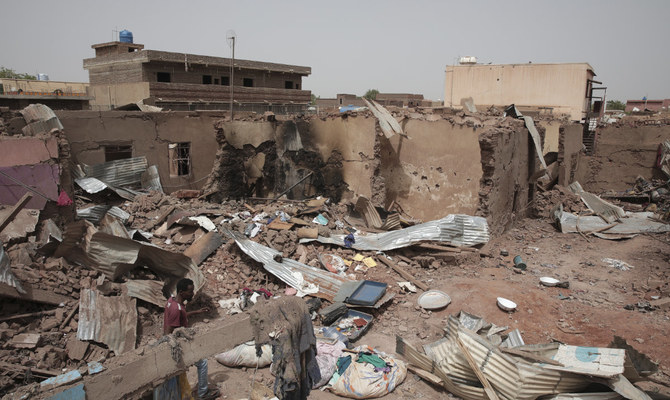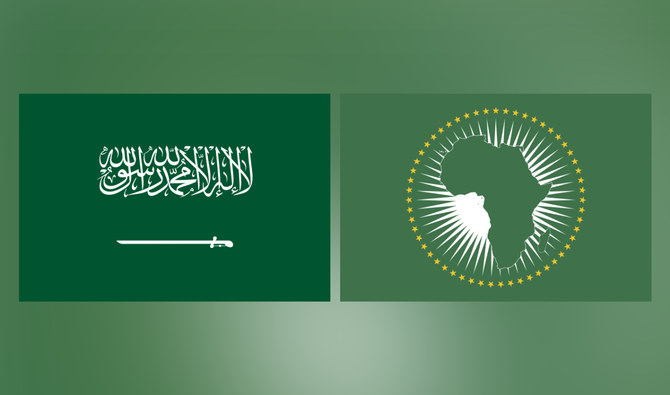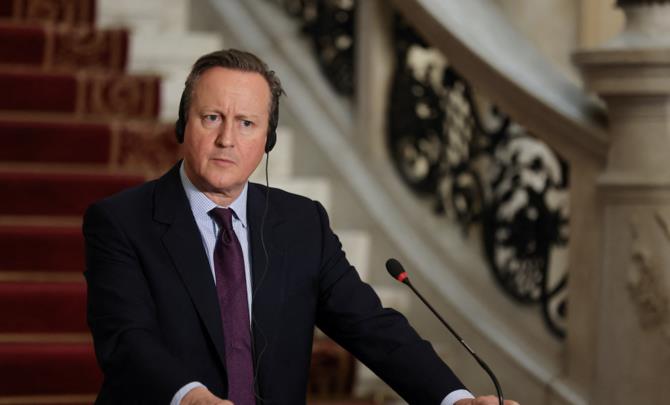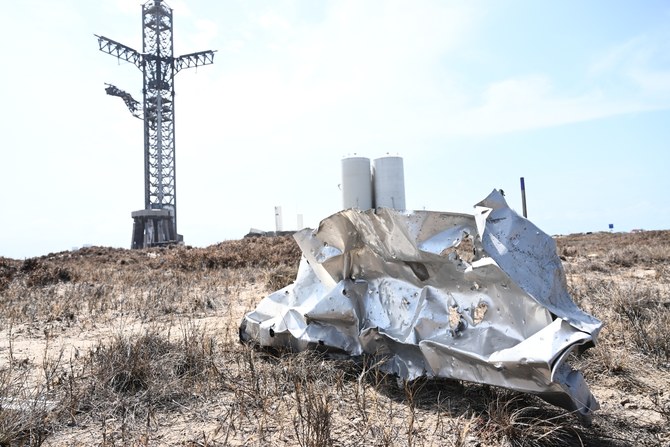
One of the most obvious areas of concern for Jordan, Israel and Palestine is the availability of fresh water. This has always been a major issue, especially in Gaza, where residents have literally no access to this very basic commodity, which in the past has been a source of apocalyptic prophecies. The Jordan River Basin, a major source of fresh water, is a lifeline that runs through all three countries, from the Anti-Lebanon Mountains in the north to the Dead Sea in the south, and its well-being is crucial for the people and their economies. The Dead Sea itself is a unique body of water; a source of valuable minerals and a popular visitor attraction. Then, in the very south, there is the Gulf of Aqaba, with its exceptionally beautiful coral reef, which brings in thousands of tourists every year and is an important source of income. These three features, say EcoPeace, “are all examples of unique shared ecosystems in the region which necessitate regional cooperation if they are to be preserved.”
But, although the appearance of EcoPeace at the UN Security Council was a celebration of regional cooperation and collaboration, there was no escape from the warning it gave to this most important international forum about the predicament of the Gaza Strip. Majdalani reminded the council that 97 percent of groundwater in Gaza is not suitable for human consumption, while the wastewater facilities are critically hampered by a power supply of a mere few hours per day, ushering in an environmental as much as a human disaster. This is obviously an appalling situation for the people of Gaza but, since much of Gaza’s waste flows into the sea and affects the beaches of nearby Israel, it underlines the importance of cooperation to protect the interests of both places.
This bleak picture, however, is in contrast to some great successes in Israel and some parts of the West Bank in harnessing new technologies of desalination, including through the use of solar power, and water recycling to both raise the quality of drinking water and make more available for agriculture. This approach improves the quality of life and drives economic development. Local and national leaders are being lobbied to support these programs and mobilize the necessary funds. As Bromberg observed: “Good water, and not necessarily good fences, make good neighbors.”
There are many other deserving issues, in the Middle East and elsewhere, that civil society can advance through dialogue and cooperation — causes that governments, for an array of reasons, are unable or unwilling to advance. Whether the concern is health, education, improving infrastructure, empowering women and youth, shared cyberspace, social enterprise, or transport, to follow EcoPeace’s example of tackling the critical issues that neither businesses nor the public sector are willing or able to prioritize can bring huge benefits.
In the case of the Israelis and the Palestinians, especially now, when the peace process has seemingly reached a complete standstill and cooperation is mainly restricted to military-security issues, NGOs such as EcoPeace can take the lead in mitigating this volatile situation and building solid environmental, social and economic foundations for peace and coexistence.












